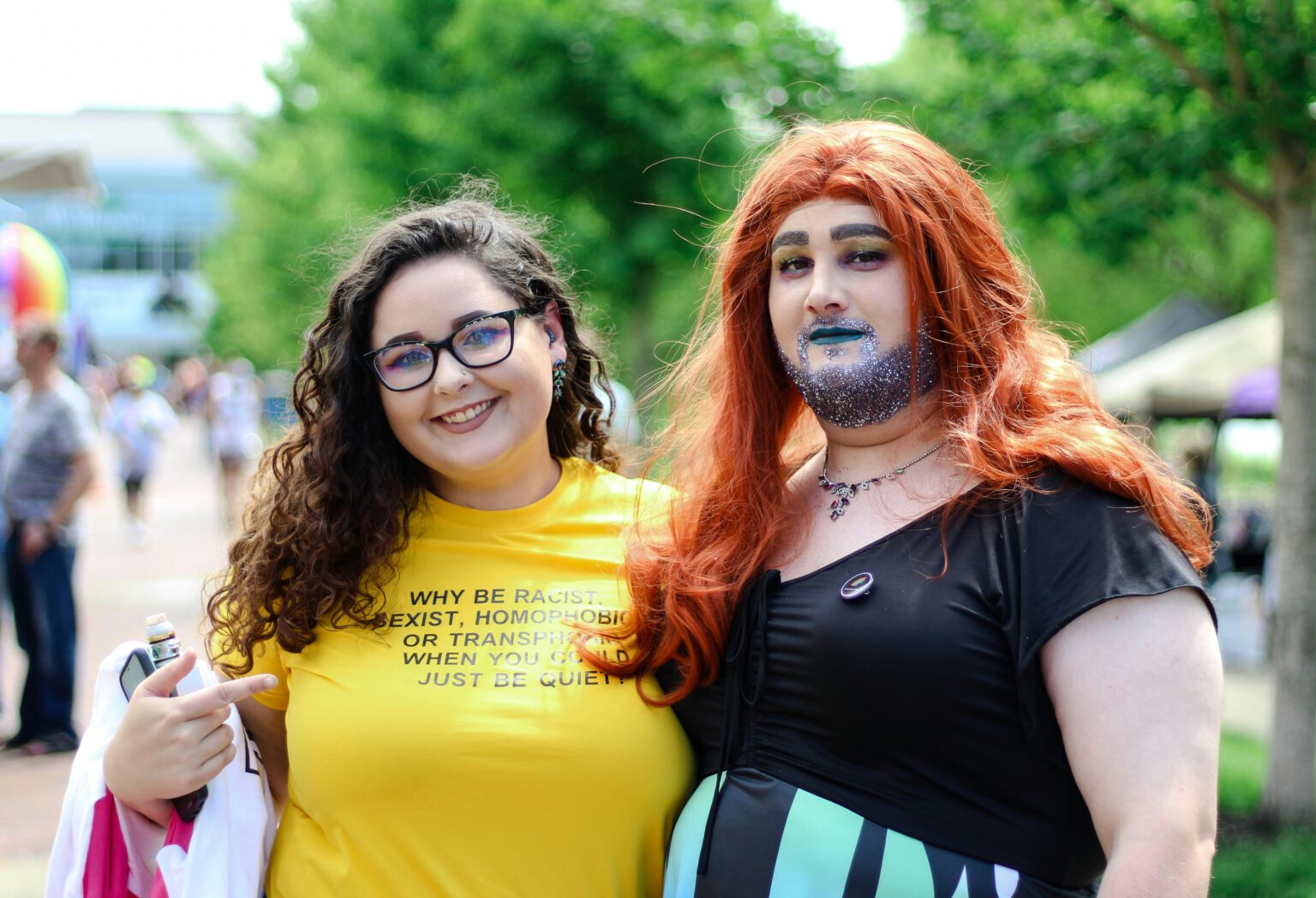TGEU publishes report on trans rights in Eastern Europe and the Caucasus: Armenia, Montenegro, Ukraine

This joint report with Insight (Ukraine), National Trans Coalition (Armenia), and Association Spectra (Montenegro) was submitted for the implementation review of the Council of Europe Recommendation on measures to combat discrimination on grounds of sexual orientation or gender identity (CM/Rec (2010) 5).
Why this report?
This report aims to highlight the urgent need for legal and policy reforms in Armenia, Montenegro, and Ukraine to align with Council of Europe standards and protect the human rights of trans people, whose lives are severely impacted by systemic discrimination, gaps in legal recognition, and inadequate protection from violence.
What can I find in it?
As well as providing detailed information on the state of human rights for trans people in the three focus countries, the report offers an overview of the broader context of trans and LGBTI rights in Eastern Europe and the Caucasus. It includes recommendations, both general and country-specific, and a comparative table that makes it easy to follow which specific protections and mechanisms are present or lacking in the three respective countries.
Key findings
The overall status of implementation of the Recommendation CM/Rec (2010) 5 in Armenia is absent. In Montenegro and Ukraine, some progress has been made, yet overall, implementation in both countries is far from being in line with the Recommendation.
Regarding trans people’s human rights, none of the three focus countries provide legal gender recognition based on self-determination. Meanwhile, the Council of Europe’s 2022 Thematic Report on Legal Gender Recognition in Europe finds the self-determination model to be the best practice to meet the Council of Europe’s standard of quick, transparent, and accessible procedures.
The Council of Europe’s Commissioner for Human Rights recommends the self-determination model in her Human Rights and Gender Identity and Expression issue paper. None of the focus countries removed legal or administrative classifications of trans identities as mental illness: this contradicts the standards of the World Health Organisation. No country provides efficient protection from hate crimes, with cases rarely processed, lenient sentence or absolving for perpetrators, and lengthy processes that discourage victims from pursuing justice.
This lack of action has a major impact on trans people’s lives. In all three countries, trans people face obstacles to getting identification documents that correctly reflect their identity, which exposes them to higher levels of discrimination and violence. Trans people’s access to healthcare in all three countries is restricted by continued pathologisation of trans identities, paired with unreasonable requirements for accessing trans-specific healthcare. Trans people in all three countries face discrimination in employment, education, housing, and violence in the streets, in their families, and other settings without significant measures taken by authorities acknowledging let alone addressing the root causes. Trans people lack access to adequate mechanisms to report and protect themselves from hate crimes and discrimination.
Recommendations
All focus countries
1. Adopt laws on legal gender recognition based on self-determination as a simple administrative process and ensure consistent measures for legal gender recognition in all areas of life.
2. Ensure full depathologisation of trans identities in legal and administrative classifications in fulfilment of the World Health Organisation’s standards in the International Classification of Diseases version 11 (ICD-11).
3. Create conditions and change policies that are deemed necessary to protect the rights and social inclusion of trans people; create educational campaigns on gender identity and sexuality as a means of addressing the root causes of violence and discrimination; raise awareness among health workers about gender identity and ensure that trans people and gender non-conforming people have access to health services and information to improve their health and well-being.
Council of Europe
1. Show strong political leadership and commitment to human rights of trans people and pay greater attention to trans people in CDADI and ADI-SOGIESC’s work.
2. Provide technical support and expert guidance via SOGI Unit to Armenia, Montenegro and Ukraine to efficiently implement their recommendations.
Individual country recommendations
Armenia
1. Adopt an anti-discrimination law that explicitly prohibits discrimination on the
grounds of sexual orientation, gender identity, gender expression, and sex characteristics, and consistent measures for its implementation.
2. Incorporate specific targets to address rights protection based on gender identity and gender expression and implement the 2023-2025 Action Plan emerging from the National Strategy for the Protection of Human Rights.
Montenegro
1. Adopt the draft Law on Legal Gender Recognition Based on Self-Determination developed by the Working Group formed by the Ministry of Human and Minority Rights and ensure its implementation.
2. Ensure adequate implementation of the Strategy for improvement of quality of life of LGBTI people for the period 2024-2028, adopted by the Government.
Ukraine
1. Adopt the Draft Law No. 5488 on anti-discrimination to ensure protection from discrimination and hate crimes on the grounds of sexual orientation and gender identity and ensure its implementation.
Important update: since the finalisation of the report, the two key proposed laws in Ukraine have been updated. The draft law No. 5488 on anti-discrimination and hate crimes now bears the number 13597, and the draft law No. 9103 on civil partnerships the number 12252.
2. Provide administrative and financial support to local trans and LGBI initiatives in their volunteer and humanitarian work. Conduct sensitisation campaigns on human rights for trans and LGBI people aimed at parliamentarians, politicians, religious leaders and the general public.
Your support makes change possible
We work across Europe and Central Asia to advance trans rights, build strong communities, and drive change through research, advocacy, and community-building.
Your donation helps us continue this vital work — defending trans lives, amplifying trans voices, and advocating for justice every day.